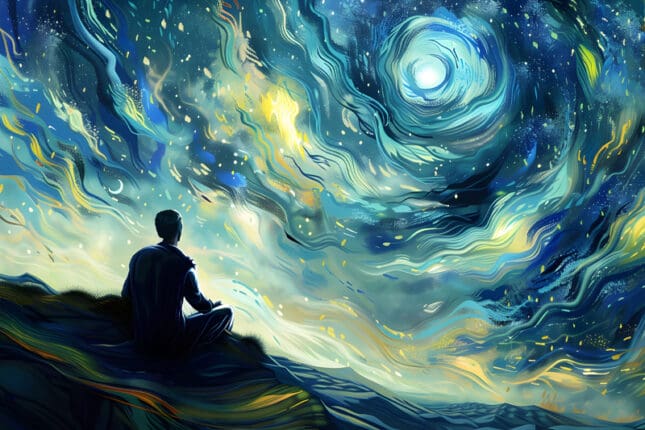
When you hear the word existentialism, what comes to mind? Hopelessness? Dread? Despair? What if I told you that’s not really what it’s all about? In fact, it can actually offer some valuable insights on how to tackle challenges, especially the ones we students face today.
What is the meaning of existentialism?
Taking the definition of the word from the Collins dictionary, ‘Existentialism is a philosophy which stresses the importance of human experience and says that everyone is responsible for the results of their own actions.’ Now, that doesn’t sound so bad, does it?
Søren Kierkegaard laid the foundational groundwork for the philosophical movement in the 1800’s, though it wasn’t until the mid 1940’s when Frenchman Jean-Paul Sartre’s lecture Existentialism & Humanism which was later published for all to read, that the philosophy gained widespread popularity.
Reading the lecture myself I was struck by how wrong I was about the philosophical ideas, here’s what I learnt.
Existence precedes essence
Jean-Paul Sartre’s belief is that humans from birth initially lack inherent meaning and purpose. We are born, then we define ourselves through our choices, actions, and experiences. Essentially, we create our own meaning.
Radical Freedom
Sartre says that being able to define ourselves freely comes with responsibility. It’s not a higher power that is telling us what to do, we must take responsibility for our own actions alone. To alter Uncle Ben’s famous saying to Peter Parker, we could adjust it slightly, “With great freedom, comes great responsibility.”, this might not be good news for the Russell Brand’s and Shia LaBeouf’s of the world, who do turn to the almighty in the face of certain accusations.
Authenticity
Existentialists say that our natural tendency to fit in with society’s rules and expectations is wrong because it keeps us from being real or true to ourselves.
With assignment deadlines, social pressures, and the uncertainty of life after graduation, it can sometimes feel like “Existential Dread.” However, existentialism doesn’t have to be the grim or morbid philosophy people often assume it is. Instead, it can offer hope, especially for final year students like myself who might feel uneasy about the unknown. Rather than fearing the future, existentialism encourages us to see it as an opportunity to create our own meaning and shape our path in a way that feels true to us.
At its heart, existentialism is about taking charge of our lives and living authentically. While it can be daunting to take full responsibility for our actions, especially in a society that constantly tells us who to be or how to act, existentialism offers the ultimate freedom, the ability to define ourselves and decide who we want to become.



